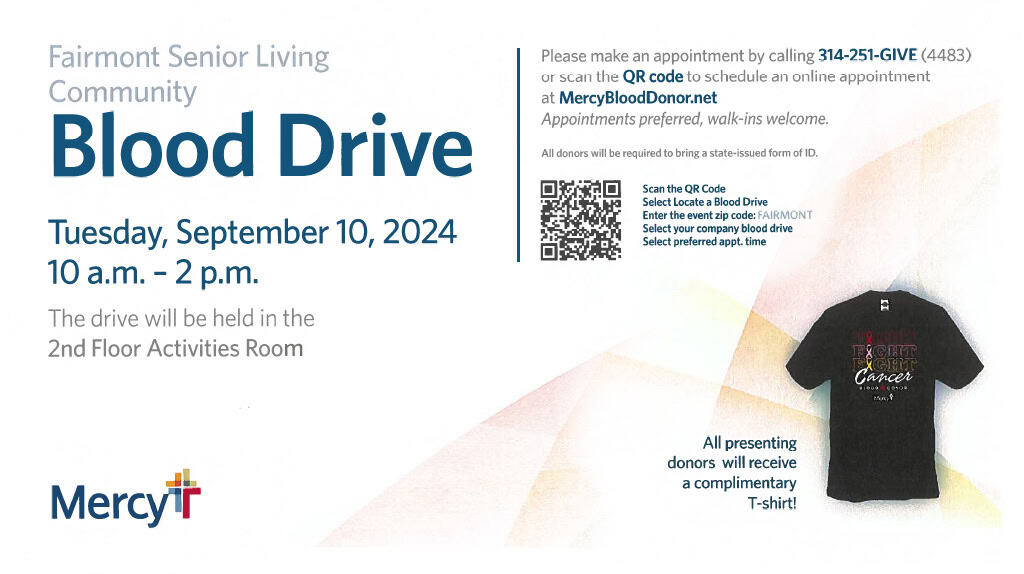Nursing homes have traditionally been the go-to choice for elderly care, but times are changing. There are now a variety of innovative alternatives that prioritize the comfort and independence of our loved ones.
Different Alternatives to Nursing Homes
Below are some common nursing home alternatives:
Home Care
The first alternative to nursing homes is home care. With home care, seniors can enjoy the comforts of their own homes without compromising their health and well-being. Dedicated healthcare workers provide round-the-clock nursing and medical services, tailored to each individual’s unique needs. Whether it’s weekly or monthly visits, home healthcare staff ensures specialized care is given at a scheduled time. This is perfect for elderly individuals who have a strong emotional attachment to their homes and wish to age in place.
Pros
With home care, seniors can continue living in their beloved homes, surrounded by familiar surroundings and cherished memories. They don’t have to worry about restrictions on their mobility, as long as it aligns with their health requirements. It’s all about finding that perfect balance. Family and friends can also visit anytime without any hassle or limitations. Having loved ones around is not only comforting, but it also helps relieve some of the caregiving burdens. Plus, nothing beats the joy of sharing special moments with your nearest and dearest.
Cons
One challenge is the limited availability of recreational activities at home compared to nursing homes. Additionally, your home may require expensive modifications such as ramps and railings. It’s important to keep in mind that not all home healthcare services are covered by Medicare or private insurance, so costs can add up quickly.
One major disadvantage is that home care is usually only temporary. Home health care agencies are not designed for long-term care or chronic illnesses. This means that caregivers may change frequently, which can be unsettling for some seniors.
Senior Apartments
Another alternative to nursing homes is senior apartments. Senior apartments are specifically designed for seniors aged 55 and older, offering a variety of senior-friendly amenities to promote social interaction and independence. If mobility is a concern, senior apartments provide a great alternative to nursing homes. Your loved one can continue living on their own while benefiting from tailored support and amenities to meet your physical and mental needs.
Pros
One major benefit of senior apartments is the low cost of maintenance. Unlike traditional homes, senior apartments have dedicated crews to handle any maintenance issues that may arise. With their smaller living spaces, these apartments are also much more manageable to maintain. Plus, they provide a wonderful opportunity for seniors to downsize and declutter their lives, allowing more time for relaxation and pursuing hobbies.
Cons
A disadvantage to senior apartments is limited space. It can be a challenge, especially if your loved one is used to living in a spacious home. Additionally, senior apartments typically offer lower levels of service and attention compared to nursing homes, which provide more resources for physical and psychological support.
Another downside is the higher cost. While the price will vary depending on the services offered, such as housekeeping and transportation, senior apartments can be more expensive than assisted living facilities or board and care homes.
Assisted Living Facilities
Unlike nursing homes, which provide constant medical attention, assisted living facilities (ALFs) are designed for seniors who only need a little assistance with their daily tasks. They offer a great balance of independence and support for those who may have limited mobility but still want to participate in social activities.
In ALFs, seniors receive the necessary minimum assistance for activities of daily living (ADLs), such as preparing meals, keeping the house clean, and managing medications. This allows them to maintain their dignity and independence while also ensuring their safety and well-being.
Pros
Unlike nursing homes, rooms in assisted living facilities can be personalized according to the residents’ preferences. This means that each room feels like a cozy home away from home, helping your loved ones settle in comfortably. Another major advantage is the increased social support available for seniors.
Cons
In some ALFs, sharing a room with another resident can be challenging. If having personal space is important to your loved one, this could be an issue. While assisted living provides great support for daily activities, it typically doesn’t offer the same level of care as nursing homes. Make sure to assess your loved one’s individual needs beforehand.
Continuing Care Retirement Communities (CCRCs)
The final alternative to nursing homes is Continuing Care Retirement Communities (CCRCs). CCRCs are known for their unique benefits, starting with the flexibility they provide for couples with different needs. Whether one spouse requires more care than the other, CCRCs ensure that both individuals are accommodated and cared for.
Pros
One of the main advantages of CCRCs is the flexibility they offer for couples with different needs. Whether one spouse requires more assistance or specialized care, CCRCs ensure that both individuals receive the support they need without compromising their relationship. Another amazing benefit is the all-inclusive nature of these communities, providing residents with full access to recreation, transportation, and delicious meals.
Cons
CCRCs often come with a hefty price tag, sometimes requiring a significant upfront investment. With a high number of residents in one facility, complete privacy may also be difficult to achieve.
Learn more about the differences between nursing homes vs assisted living facilities and how to make the right choice for your loved one.
Key Takeaways
Fairmont Senior Living on Clayton is uniquely licensed by the state of Missouri as an intermediate care facility (ICF.) This license allows us to provide a higher level of care than traditional assisted living/memory care communities while having the atmosphere of home. Contact us today to schedule a tour of our assisted living community.



